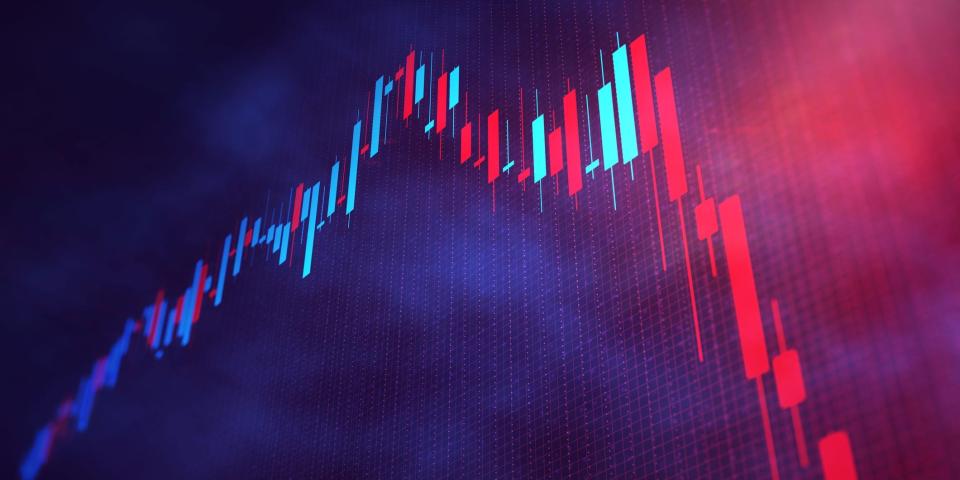
-
Stocks are being fueled by “complacency, greed, and momentum,” not fundamentals, David Rosenberg said.
-
The economist highlighted concerns about lackluster earnings support and negative economic indicators.
-
The VIX was under 13 on Tuesday, continuing its longest streak below that threshold since 2018.
The stock market is at odds with what is going on in the economy, top economist David Rosenberg says.
The latest market frenzy has shades of July 2007, when stocks were caught in a swift decline just three months later, and Rosenberg notes that the mania fueling gains is “beyond the extreme.”
In a note on Tuesday, he argued that there has been a lack of solid economic fundamentals to sustain the big rally since the end of last year, describing the market as driven by “complacency, greed, and momentum.”
“The math just does not add up, and while the refrain ‘better to be lucky than good’ works now in this manic backdrop, I am still not comfortable chasing momentum into the top 10% valuations of all time,” he wrote in the note.
Despite the S&P 500’s 9.4% gain so far this year, Rosenberg notes a lack of earnings support, with stagnant earnings estimates since January. Moreover, he argues the expansion of stock multiples lacks rationale given the 30 basis points increase in the 10-year Treasury yield since the year began.
Rosenberg said that retail stocks hitting all-time highs as retail sales volumes have dropped by 1.6% year-over-year is a clear example of how momentum trading can defy logic in the market.
Meanwhile, while core capital expenditure orders have dropped below zero for the first time since November 2020, the S&P 500 Industrials are reaching new record highs, seemingly unfazed by the recessionary indicator.
“The best way to succeed in today’s marketplace is to completely ignore what’s happening in the economy!” he wrote, adding that even many US banks are trading at levels last seen before the collapse of Silicon Valley Bank a year ago, despite negative loan growth, increasing credit default risks, and an inverted yield curve.
The Cboe Volatility index, known as the stock market’s fear gauge, meanwhile, is at historic lows, indicating a high degree of complacency among investors. The VIX was below 13 on Tuesday, continuing its longest streak below that threshold since 2018.
Read the original article on Business Insider
Source: finance.yahoo.com
